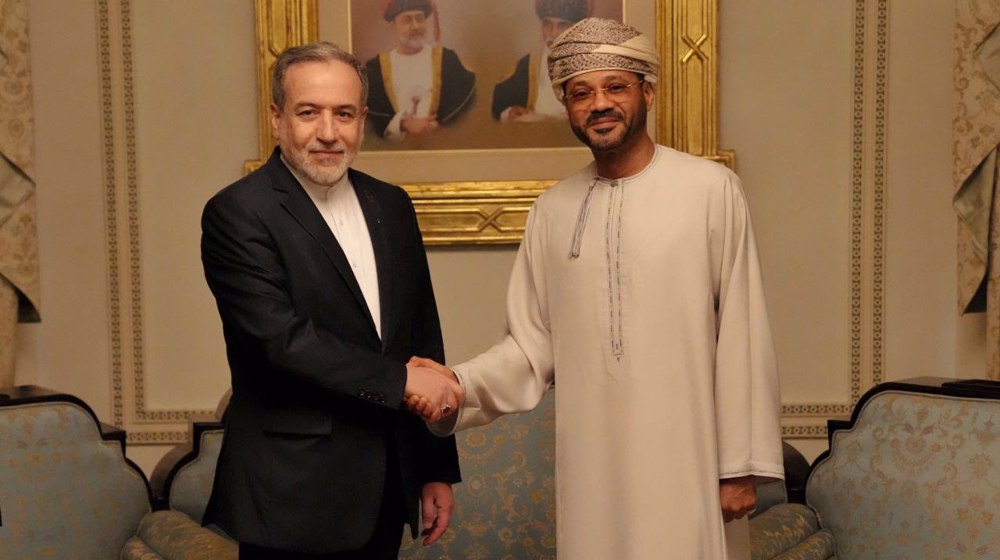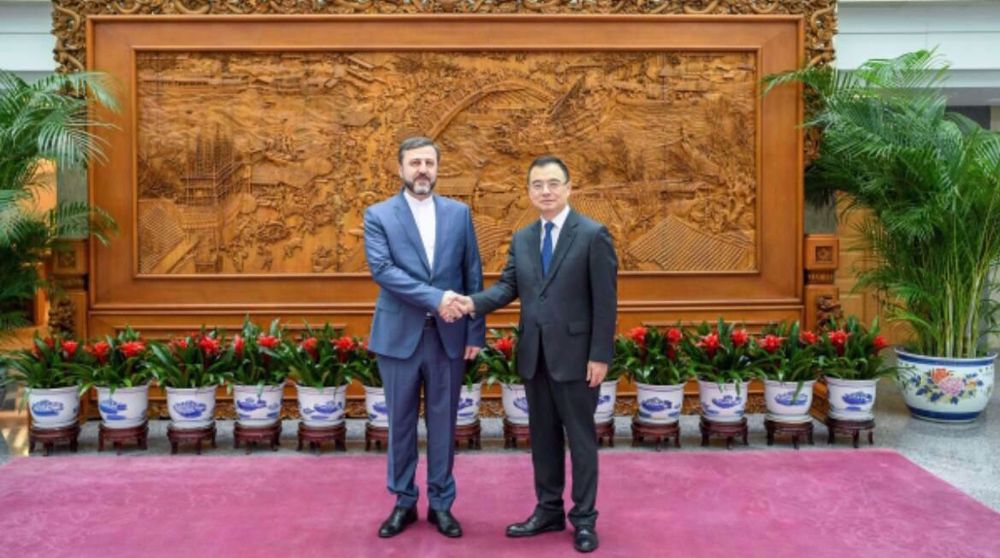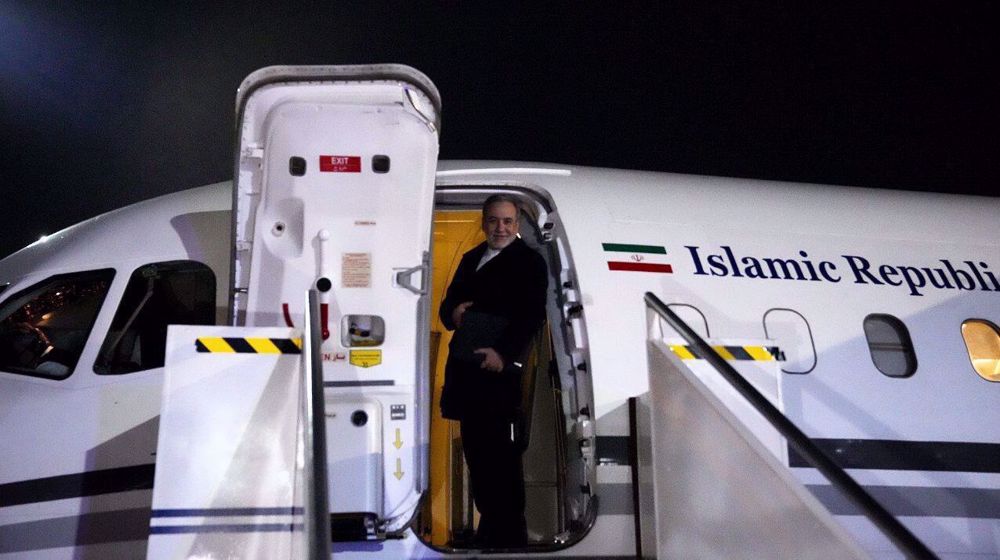Putin reaffirms Russia's commitment to Iran nuclear deal
Russian President Vladimir Putin has underscored Moscow's readiness to remain committed to a landmark nuclear deal Iran signed with major powers in 2015 despite the US move to pull out from the agreement.
Russia’s Permanent Representative to the Vienna-based IAEA Mikhail Ulyanov made the comments while speaking to reporters following a meeting between the Russian president and the UN nuclear agency's chief in Sochi on Monday.
"As far as Iran is concerned, the president reaffirmed Russia’s readiness to continue fulfilling the Joint Comprehensive Plan of Action (JCPOA, the nuclear deal) regardless of the United States’ decision to withdraw from it," Ulyanov said.
Director General of the International Atomic Energy Agency (IAEA) Yukiya Amano, for his part, expressed the IAEA's readiness to act strictly within the scope of its competences, in accordance with its charter and instructions issued by its governing agencies such as the Board of Governors, the Russian envoy added.
"The important thing is that Mr. Amano confirmed unequivocally that as of now, Iran continues to fully implement its obligations under the JCPOA," Ulyanov pointed out.
The US president announced on May 8 that Washington was walking away from the JCPOA, which was reached between Iran and the five permanent members of the UN Security Council -- the US, Britain, France, Russia and China -- plus Germany.
He also said he would reinstate US nuclear sanctions on Iran and impose "the highest level" of economic bans on the Islamic Republic.
Iran has said it would remain in the JCPOA for now, pending negotiations with the other signatories in the coming weeks before making a final decision on its future role in the agreement.
In a letter written to the United Nations Secretary General Antonio Guterres on May 10, Iranian Foreign Minister Mohammad Javad Zarif said the US president's "unilateral and unlawful" decision to withdraw from the JCPOA and to re-impose nuclear-related sanctions shows "a complete disregard for international law."
"These acts constitute a complete disregard for international law and the United Nations Charter, undermine the principle of peaceful settlement of disputes, endanger multilateralism and its institutions, indicate a regress to the failed and disastrous era of unilateralism, and encourage intransigence and illegality," Zarif said in the letter published on Monday on the website of the Iranian Foreign Ministry.
France, Britain resolute on JCPOA preservation
Foreign ministers of France and Britain also on Monday voiced their determination to save the Iranian nuclear deal, despite the US pulling out.
"Our position is one of determination and unity, of will to keep this agreement alive," French Foreign Minister Jean-Yves Le Drian said following talks with his British counterpart Boris Johnson in London.

He added that Washington's exit from "an international agreement does not mean that the international agreement is null and void."
Paris and London are determined to preserve the nuclear accord "as long as Iran respects it," he said, describing the agreement as "win-win."
"Our position is... united with the German position," said the French politician, on the eve of a scheduled meeting between the Iranian, French, British and German foreign ministers in Brussels.
Johnson, for his part, said Britain and France have resolve to "conserve the essence" of the JCPOA.
"Tomorrow in Brussels, we are going to have a conversation about what we can do to help UK firms and help European firms have confidence that they can still do business," he added.
He also stressed that it was "vital that we continue to engage with the US."
At the start of a meeting with his Russian counterpart Sergei Lavrov in Moscow on Monday, Iranian Foreign Minister Mohammad Zarif said he wanted "assurances" from the JCPOA's signatories that Iran's interests would be fulfilled.
"The final aim of these negotiations is to seek assurances that the interests of the Iranian nation will be defended," Zarif said.
He was in Moscow after he paid a visit to Beijing on Sunday.
In a meeting with his Chinese counterpart, Wang Yi, the Iranian foreign minister said he seeks a "clearer image" of the future of the key nuclear agreement after the US withdrawal.
Zarif expressed hope that with this visit to China and other countries within the next two days, the sides would be able to depict a clearer vision of the nuclear deal's future.
UK ordered in 'milestone' court ruling to pay $570 million for colonial-era massacre
VIDEO | Defying the rubble, Gaza opens its first face-to-face school since start of war
‘Ready for next round’: Million-man rally in Yemen backs Gaza, resistance
FM Araghchi departs Muscat for Doha following nuclear talks with US
Israeli keeps killing more Palestinian civilians in Gaza amid relentless ceasefire violations
Aliyev: Azerbaijani territory will not be used for threats against Iran
Turkey arrests two on charges of spying for Israeli regime
Iran FM declares ‘good start’ as US–Iran talks conclude in Muscat












 This makes it easy to access the Press TV website
This makes it easy to access the Press TV website